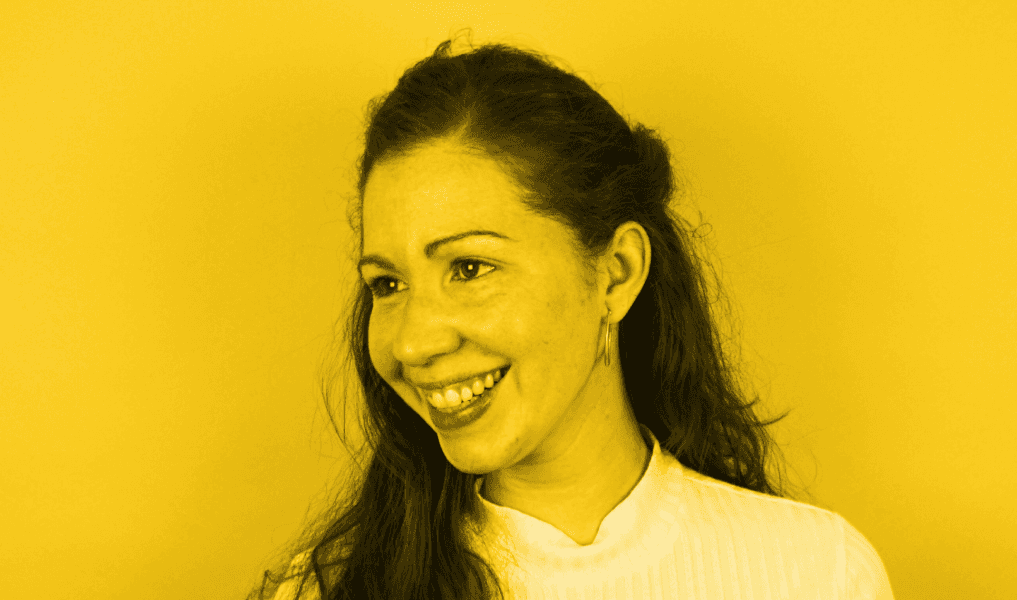Halogen
Change by [Systemic] Design 2024 is part of RSD13 (The 13th edition of the Relating Systems Thinking and Design Symposium), which takes place in Oslo.
This year's theme is "Rivers of conversation". You will hear some of the best systemic design practitioners who will share real-life cases and participate in inspiring conversations. The day ends with dinner, drinks and music.
During our afternoon together we will explore three main topics:
Swimming amid complexity: how we understand and make sense of systems, and how we use this newfound understanding.
Future branches and tributaries: the importance of opening up our eyes to the multiple possibilities of the future as part of the design process.
Collaboration and adaptive meandering: the multiple ways in which we cocreate, orchestrate work and share knowledge in complex systems.
On Dreams, Parallel Universes, and Protopias: A Journey to Address Youth Exclusion in Norway
Synergies across 20+ municipal services for cross-generational care and community connections
Two steps forward, no steps back: systems thinking, foresight and arts-based methods in participatory policy design for a just transformation
Could (and should) innovation be irreversible?
Building a meandering arena for thriving youth
Shifting perspectives in welfare systems: working with people to unpack complexity and foster change
NAV is a complex organisation. It provides a single gateway into Norwegian public services, linking together national labour and welfare administration and local municipality services. In this complexity, it's difficult to understand the system, identify the need for change and align different parts of the organisation around innovation.
But systemic design can have a key role in helping people to navigate complex challenges and create systems change. Which is why, since 2018, NAV has been experimenting with systemic design methods and mindsets in different areas and projects.
Linda, Elisabeth and Simón will talk about NAV as a system and dig into one case study that mirrors the complexity of NAV: how payments of social benefits work in Norway. They will show, discuss and reflect on:
How designers can play a key role in bringing different perspectives to a conversation
What happens when we bring together different puzzles of an issue into one surface (for example citizen’s experiences, work processes, technological aspects and regulations)
How visualisation can facilitate dialog and (hopefully) common understanding between different people, disciplines and parts of an organisation
How we can unpack regulatory issues and help people grasp something that is often complex and abstract, and through this, identify the need for change in our regulatory systems.
We are very excited to see you in October!














